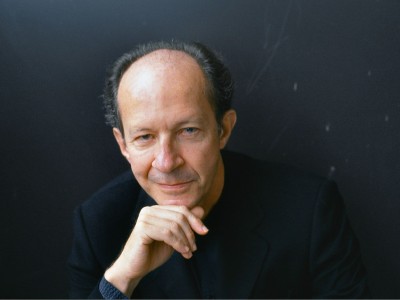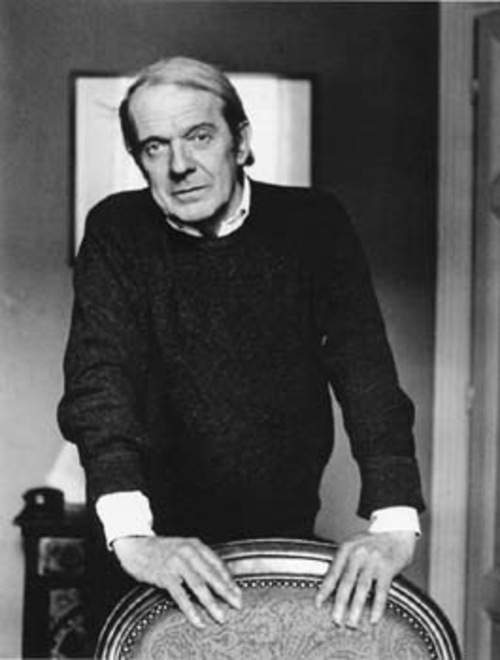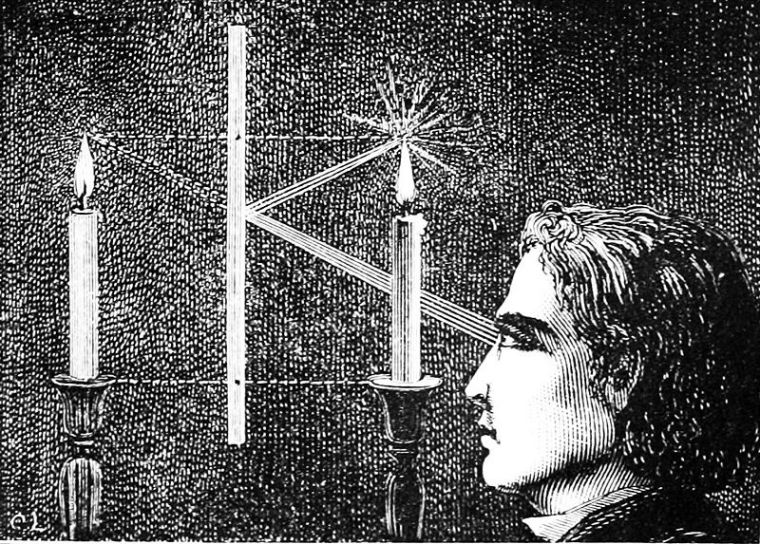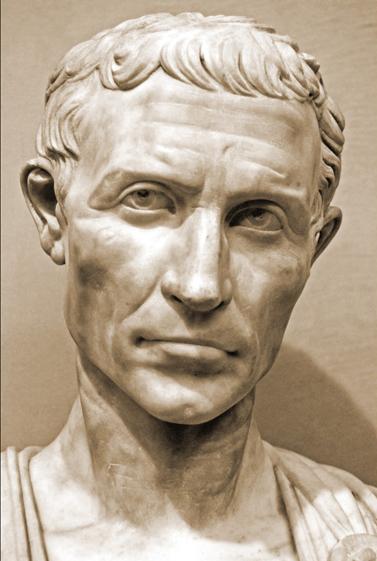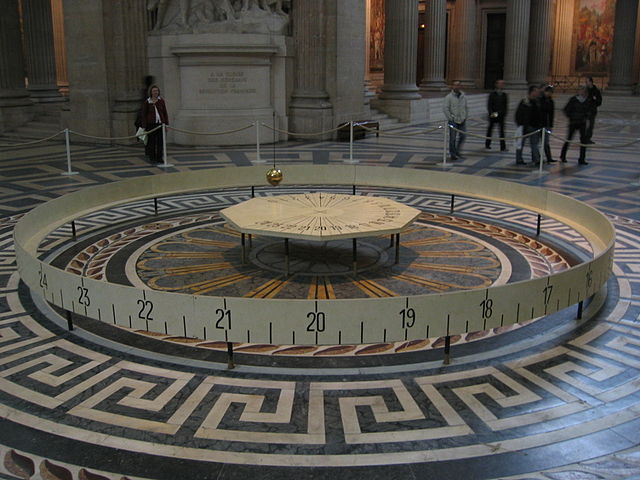“Benjamin’s Concept of History As A Source of Arendt’s Idea of Judgment” by Ronald Beiner is published in two parts during successive weeks. The following is the second portion. The first installment can be found here. Universal history (the culmination of historicism)15 is based on the flow of thoughts. Materialistic historiography is based on the […]
Year: 2016
Review – Giorgio Agamben and the Theory of Civil War (Ignas Kalpokas)
Agamben, Giorgio. Stasis: Civil War as a Political Paradigm (Meridian: Crossing Aesthetics). Translated by Nicholas Heron. Stanford: Stanford University Press, 2015. ISBN 10: 0804797315 Hardcover, paperback, e-book. 96 pages. Giorgio Agamben’s Stasis is yet another addition to his Homo Sacer project. This time Agamben tackles what he sees as yet another lacuna in political theor y: […]
Benjamin’s Concept of History As A Source of Arendt’s Idea of Judgment – Part 1 (Ronald Beiner)
“Benjamin’s Concept of History As A Source of Arendt’s Idea of Judgment” by Ronald Beiner is published in two parts during successive weeks. The following is the first portion. “ich kehrte gern zurück.”– Gershom Scholem That there is an intimate bond between the last thoughts of Walter Benjamin and the last thoughts of his friend […]
Review – A Darker, Grittier Deleuze (Timothy Snediker)
Culp, Andrew. Dark Deleuze (Forerunners: Ideas First). Minneapolis: University of Minnesota Press, 2016. ISBN 10: 1517901332 Paperback, e-book. 90 pages. For several decades there has been a general consensus among readers of Gilles Deleuze: the influential French philosopher was, is, and will be a thinker of affirmation, joy, and plenitude. Notwithstanding the fact that Deleuze […]
Love Strong as Death – Jews against Heidegger, On the Issue of Finitude – Part 2 (Agata Bielik-Robson)
The following is the second of a two-part series. The first segment was published on July 25, 2016 and can be accessed here. Another Finitude – Rosenzweig versus Heidegger Thus, even if not completely in accord with Heidegger” “letter,” Blanchot’s deconstructive reading allows to see the shadow thrown by his thanatic ‘spirit”: in Derrida’s words, […]
Review – Altered States: Buddhism and Psychedelic Spirituality in America (Roger Green)
Osto, Douglas. Altered States: Buddhism and Psychedelic Spirituality in America. New York: Columbia University Press, 2016. ISNB 10: 0231177305 Hardcover, e-book. 328 pages. In recent years, the amount of published scholarly work on psychedelics, religion, and spirituality has grown enormously. Even so, many writers still feel it necessary to do a rhetorical dance around the […]
Love Strong as Death – Jews against Heidegger, On the Issue of Finitude – Part 1 (Agata Bielik-Robson)
This article is published in two parts. The second portion will appear on August 1. I have set before you life and death: choose life. – Deuteronomy 30:19 Finitude is not the being-finished-off of an existent […] butting up against and stumbling over its own limit (its contingency, error, imperfection, or fault). Finitude is not […]
Review – Agamben’s Political Reading of the Trial of Jesus (Ryne Beddard)
Agamben, Giorgio. Pilate and Jesus (Meridian: Crossing Aesthetics). Translated by Adam Kotsko. Stanford: Stanford University Press, 2015. ISBN 10: 0804794545 Hardcover, paperback, e-book. 88 pages. Why is it the case that the divine incarnation, the meeting place of earthly and heavenly authority, should, in its climactic moment, assume the form of a trial? What can […]
What Is A Dispositif? – Part 2 (Gregg Lambert)
The following article by internationally known theory scholar Gregg Lambert is the second of a two-part series. The first part was published on July 11, 2016 and can be found here. Later, in the same argument, Foucault summarizes this analogy in a manner that will continue to inform the thesis that in the modern period […]
Review – Digital Technologies and Religion in the Postmodern Era (Albert McClure)
Han, Sam. Technologies of Religion: Spheres of the Sacred in a Post-Secular Modernity. Routledge Research in Information Technology and Society 19. New York: Routledge, 2016. ISBN-10: 1138855863. Hardback, e-book. 142 pages. In Technologies of Religion Sam Han discusses religions’ relationships to new media technologies in the post-modern era. The key question Han raises is: “what […]

